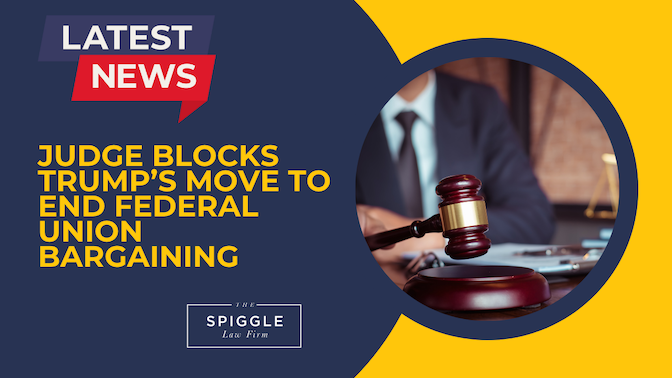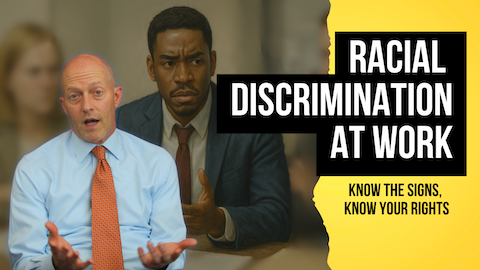Taping Your Employer
 Privacy requirements go both ways—you also must pay attention to your state’s laws on privacy before recording any conversation, depending on your jurisdiction.
Privacy requirements go both ways—you also must pay attention to your state’s laws on privacy before recording any conversation, depending on your jurisdiction.
It is very easy to record conversations at work. Indeed, chances are that you could do it with your cell phone. Recordings of conversations can be extraordinarily valuable for employees suffering from mistreatment by a boss or coworker, helping to avoid a “he said, she said” situation. But is it legal?
The answer is that it depends on what state you’re in and the nature of the conversation.
Both Virginia and the District of Columbia are “oneparty” states; that is, you can record any conversation as long as one party consents to the recording. Thus, if you are one of the people in the conversation, it may be legal to record the conversation, even if the other person does not know about it. But recording the conversation could still be illegal if the other person had a “reasonable expectation of privacy” in the conversation (Virginia) or if the recording is made with “injurious intent” (District of Columbia). In Maryland, both parties to the conversation must consent to the recording. Keep in mind that if you work in a heavily regulated industry, like health care or defense, other privacy laws may apply. Visit the (https://www.rcfp.org/) for a statebystate listing of laws on recording. Clearly, the legality of recordings can be a tricky issue, but I have seen them used to great effect in two cases in Virginia.
Here is an example of one case involving pregnancy discrimination and FMLA retaliation where a recording played a significant role. A marketing manager was told by her HR department that she would no longer have a job if she took time off to have a baby. HR told her that she was not covered by the FMLA, which may have been true, as the FMLA applies only to companies that have at least fifty employees in a seventyfivemile radius.
It is possible that the company would have violated the PDA, but only if it had fifteen or more employees and only if it applied the leave policy in a different manner to employees who were not pregnant: that is, say, if they held a job open for a man who broke his leg skiing and had to take time away from work to heal. In any event, the employer backed down and allowed her to take leave after the woman’s lawyer contacted the company and indicated that the woman had taped the conversation with HR. (You can listen to the tape on The Huffington Post’s website.) Score one for the little guy (woman).





